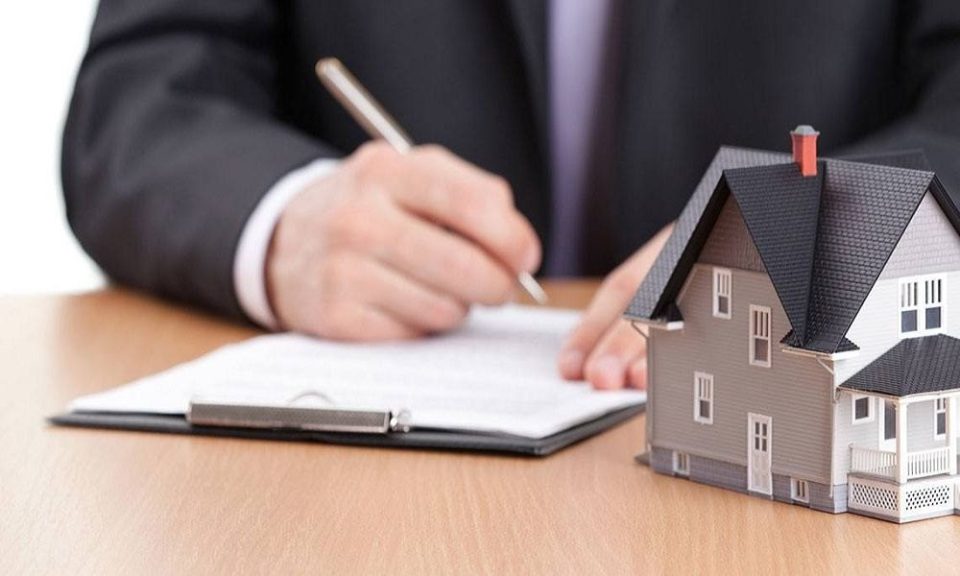You paid your premiums faithfully, expecting your insurance company to protect you when disaster strikes. Yet, in the aftermath of a hurricane, fire, or severe storm, you find yourself facing an adjuster who lowballs your claim, delays communication, or outright denies coverage on questionable grounds.
In Louisiana, this is not just poor customer service—it may be a case of insurance bad faith.
Insurance bad faith occurs when an insurer fails to uphold its fundamental duty to handle claims fairly and promptly. When this happens, a policyholder needs more than just a lawyer; they need a Top Louisiana property damage attorney who specializes in bad faith litigation to force the insurer to honor its contract and potentially pay significant penalties.
The Foundation of the Fight: Louisiana’s Bad Faith Laws
Louisiana has some of the strongest consumer protection laws in the nation governing insurance claims. These laws impose a strict “duty of good faith and fair dealing” on all insurers. A skilled attorney uses these statutes as the primary weapon against unscrupulous insurance tactics.
The two key statutory provisions are:
- Louisiana Revised Statute $\S 22:1973$: This statute mandates that an insurer must adjust claims fairly and promptly and make a reasonable effort to settle. Knowingly committing certain acts—like misrepresenting policy facts or denying a claim without proper justification—is a breach of this duty.
- Louisiana Revised Statute $\S 22:1892$: This law sets specific deadlines for payment. For covered losses, an insurer generally must initiate payment within 30 days (or 60 days, depending on the specific circumstances and the date of the claim) after receiving a “satisfactory proof of loss.”
A top Louisiana property damage attorney knows that when an insurer breaches these duties, they become liable for not just the original claim amount, but also significant financial penalties.
Recognizing and Documenting Bad Faith Tactics
Insurance companies are sophisticated, and their bad faith tactics can be subtle. Your attorney will help you identify and legally document behavior that demonstrates the insurer is prioritizing profit over its contractual obligations to you:
| Bad Faith Tactic | How Your Attorney Fights It |
| Unreasonable Delay | Filing motions and formal complaints citing the strict statutory deadlines in $\S 22:1892$ and demanding payment within the legal timeframe to establish a breach. |
| Vague or False Denials | Challenging the denial letter with independent expert reports (from engineers or public adjusters) that contradict the insurer’s biased assessment. |
| Misleading Policy Interpretation | Arguing that any ambiguity in the policy must be interpreted in favor of the policyholder, a well-established principle in Louisiana law. |
| Lowball Offers | Presenting a meticulously documented, full-value damage assessment to prove the insurer’s low offer was made “arbitrarily, capriciously, or without probable cause.” |
| Failing to Investigate | Demonstrating that the insurer failed to conduct a thorough investigation, relying instead on incomplete or biased reports to rush a denial. |
The Power of Penalties: Maximizing Your Recovery
The most compelling reason to hire an attorney specializing in bad faith is the potential to recover substantial penalties. If your attorney proves that the insurer’s conduct was arbitrary, capricious, or without probable cause, you may be entitled to an award that goes far beyond the repair costs.
Under Louisiana law, the penalties for bad faith can include:
- The Full Value of the Original Claim: The compensation you were originally owed.
- Additional Damages: Any proven economic damages you sustained as a result of the breach (e.g., costs for temporary housing, rental equipment, or even lost business revenue).
- Statutory Penalties: An additional amount that can be up to 50% of the amount found to be due on the claim, along with the attorney’s fees and costs actually incurred due to the violation.
For a homeowner fighting a $\$200,000$ claim, the threat of an additional $\$100,000$ in penalties plus legal fees is often the leverage needed to compel the insurer to pay the original claim amount quickly and fairly.
Why a Top Bad Faith Attorney Makes the Difference
Only a top-tier Louisiana Property Damage Attorney will have the resources, courtroom experience, and expert network necessary to:
- Fund the Fight: Bad faith cases require extensive discovery, expert testimony, and significant legal resources. Many top firms work on a contingency fee basis, meaning they cover the upfront costs.
- Master the Law: They possess in-depth knowledge of ever-changing Louisiana insurance law and the most recent court interpretations of bad faith statutes.
- Negotiate from Strength: The insurer knows an experienced bad faith lawyer is prepared to go to trial and expose their misconduct to a jury, which fundamentally changes the negotiation dynamic.
If you believe your insurance company is acting in bad faith, do not let their tactics succeed. Contact a knowledgeable Louisiana property damage attorney immediately to protect your right to the full compensation you paid for.

